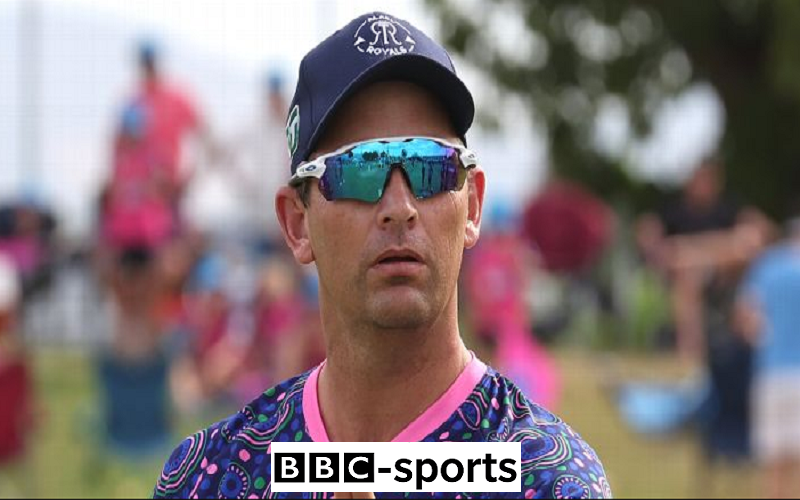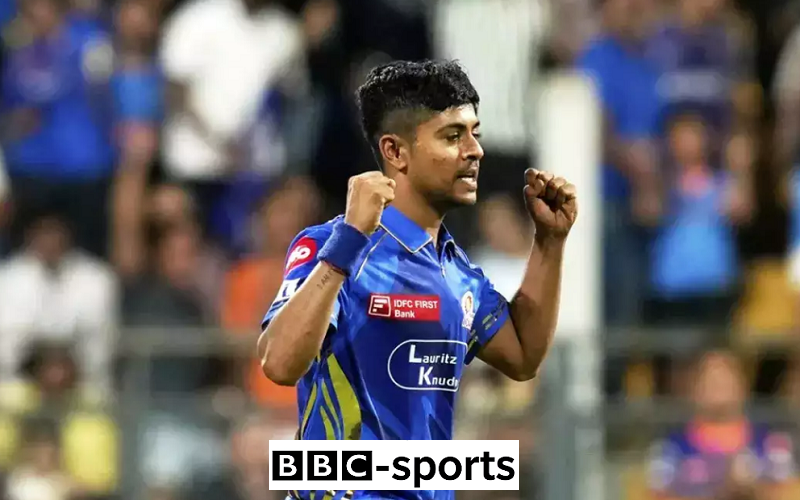Shane Bond remains one of the most lethal fast bowlers New Zealand has ever produced. With a fiery pace, sharp accuracy, and the ability to dismantle batting line-ups, Bond’s career was a mix of brilliance and heartbreak. While injuries frequently interrupted his time on the field, his impact on world cricket remains undeniable.
The Making of a Speedster
Early Years and Rise to Stardom
Born in 1975, Shane Bond’s cricketing journey began in the domestic circuit, where his ability to generate express pace made him stand out. It wasn’t long before he was selected for New Zealand’s national team, making his debut in 2001. His rapid rise was attributed to his impeccable bowling mechanics, mental toughness, and ability to extract bounce and swing from any surface.
International Debut and Breakthrough Performance
Bond’s ODI debut against Australia in 2002 gave a glimpse of his potential, but it was during the 2003 ICC Cricket World Cup that he announced himself as a world-class bowler. His spell against Australia, where he picked up 6/23, remains one of the most destructive fast-bowling performances in World Cup history.
A Career Marred by Injuries
Recurring Injury Setbacks
Despite his success, Bond’s career was riddled with injuries. His explosive action and raw speed put immense strain on his body, particularly his back and knees. Stress fractures, hamstring issues, and persistent discomfort often kept him out of action.
| Injury Type | Year | Time Missed |
|---|---|---|
| Back Fracture | 2004 | 21 Months |
| Knee Injury | 2006 | 6 Months |
| Abdominal Tear | 2007 | 4 Months |
| Stress Fracture | 2010 | Career-Ending |
Each comeback saw Bond pushing his limits, but the toll on his body was evident. He played his last international game in 2010 before retiring due to persistent injuries.
Bond’s Bowling Prowess
Raw Pace and Accuracy
Shane Bond’s ability to consistently bowl at speeds exceeding 150 km/h made him a rare breed of bowler. His accuracy and ability to generate reverse swing, particularly with the old ball, made him a nightmare for batsmen worldwide.
| Bowling Aspect | Shane Bond’s Strength |
| Pace | 145-155 km/h |
| Swing | Both conventional & reverse |
| Yorkers | Deadly & precise |
| Economy Rate | 4.29 (ODIs), 3.23 (Tests) |
Best Bowling Spells
- 6/23 vs Australia (2003 World Cup) – A spell that left the mighty Australians shell-shocked.
- 5/19 vs India (2005 ODI Series) – A masterclass in seam and swing bowling.
- 5/53 vs Pakistan (2009 Test) – Showcased his lethal pace and precision.
Life After Retirement
Transition to Coaching
After retiring in 2010, Bond took on coaching roles, using his experience to guide young fast bowlers. He served as New Zealand’s bowling coach and worked with various T20 franchises, including the Mumbai Indians in the IPL.
Mentorship and Impact
Under his mentorship, several young fast bowlers, including Trent Boult and Lockie Ferguson, developed into world-class pacers. His tactical knowledge and ability to analyze bowling techniques made him a sought-after coach in international and franchise cricket.
Shane Bond’s Place Among Cricket’s Greats
Despite his relatively short international career, Bond’s statistics highlight his dominance:
| Format | Matches | Wickets | Average | Best Figures |
| Tests | 18 | 87 | 22.09 | 6/51 |
| ODIs | 82 | 147 | 20.88 | 6/19 |
| T20Is | 20 | 25 | 21.72 | 3/18 |
These numbers, coupled with his match-winning performances, cement his place among New Zealand’s finest fast bowlers.
Final Words on Shane Bond’s Legacy
Shane Bond’s story is one of resilience and unwavering commitment to his craft. While injuries cut short what could have been an even greater career, his impact on cricket—both as a player and coach—remains immense. His aggressive bowling style, fierce competitive spirit, and ability to bounce back from adversity make him a true legend in the sport.




